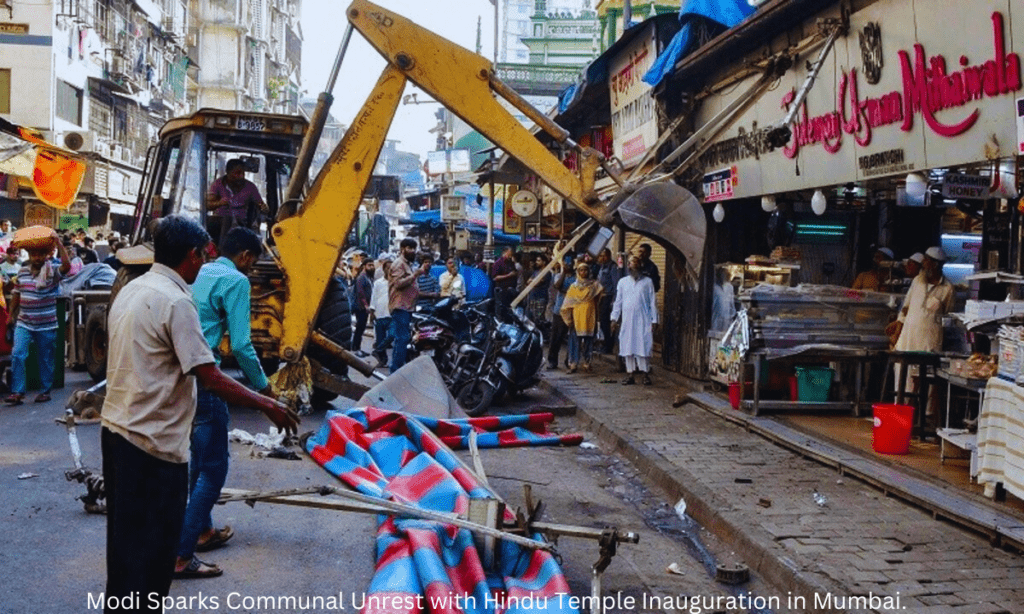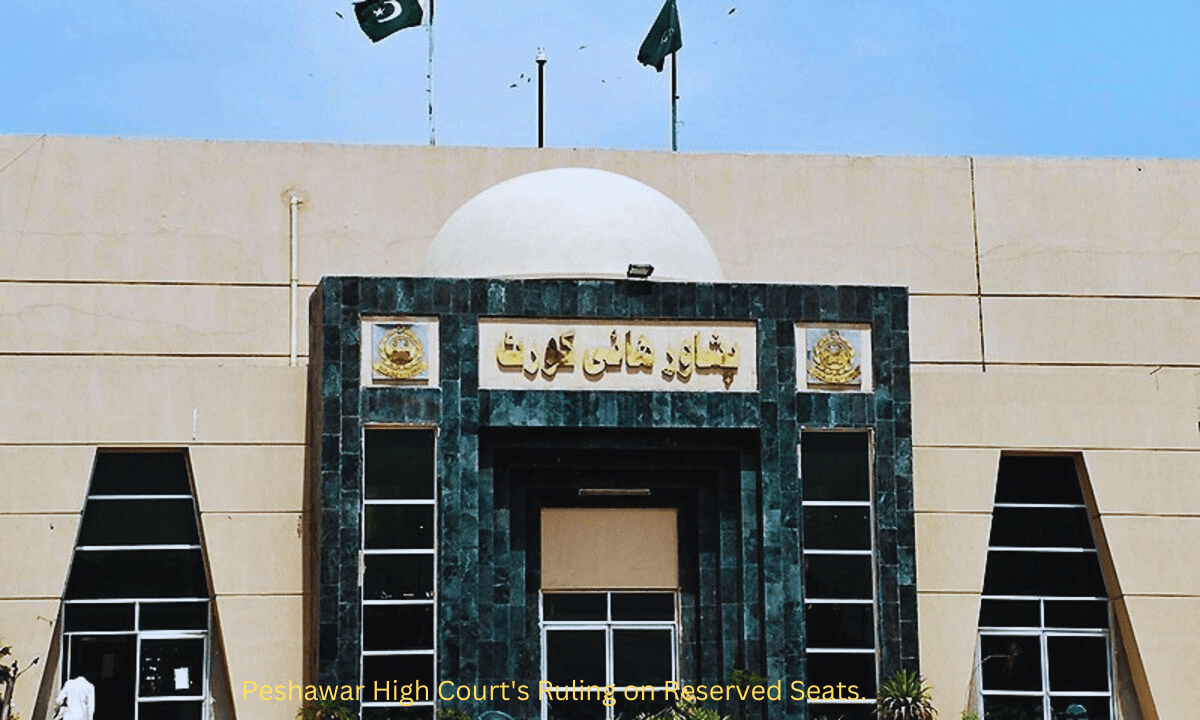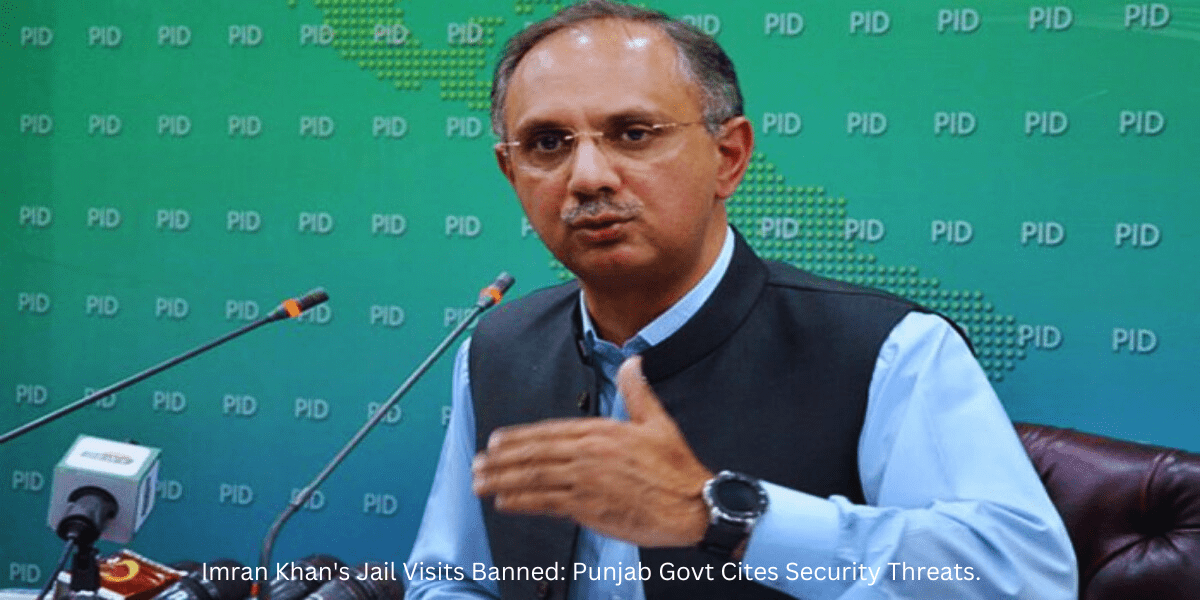
The communal clashes in Mumbai, triggered by the opening of a divisive Hindu temple by Prime Minister Narendra Modi, have left a lasting impact on the city. The bulldozing of Muslim-owned shopfronts under the guise of routine clearing has sparked outrage and condemnation from Amnesty International. As tensions escalate in the aftermath of the temple inauguration in Ayodhya, the echoes of the historical Babri Masjid incident resonate. The use of bulldozer justice, a controversial tool employed by local officials, raises questions about the disproportionate impact on the Muslim minority. The events highlight the need for a more transparent and inclusive approach to urban planning and communal harmony in diverse societies.
Communal Clashes in Mumbai
Over the past week, Mumbai, India’s financial capital, has witnessed disturbing communal clashes stemming from the inauguration of a controversial Hindu temple by Prime Minister Narendra Modi. These clashes have led to significant tensions and subsequent actions by authorities, raising concerns about the treatment of the Muslim community in the city.
Hindu Temple Inauguration by Modi
The root cause of the communal clashes can be traced back to the inauguration of a divisive Hindu temple by Prime Minister Narendra Modi. The temple, dedicated to the deity Ram, was inaugurated in Ayodhya, with processions and celebrations in Mumbai marking the occasion. This event has deep historical significance, as the temple was built on the site of the centuries-old Babri Masjid, demolished by Hindu zealots in 1992, leading to deadly sectarian riots across India.
Mumbai’s Response and Muslim-Owned Shopfronts
Following the temple inauguration, minor clashes erupted in various parts of Mumbai. Notably, Hindus chanting religious slogans passed through a Muslim neighborhood on the outskirts of the city, adding fuel to the existing communal tensions. Subsequently, authorities took drastic measures, calling in excavators to demolish more than a dozen makeshift shopfronts owned by Muslims in the affected locality.
Bulldozer Justice and Concerns
The use of “bulldozer justice” has become a controversial tool employed by local officials in India. In Mumbai, the demolition of Muslim-owned shopfronts is justified as part of a routine clearing campaign to remove illegal encroachments and ease pedestrian traffic. However, this practice has faced criticism from rights groups, including Amnesty International, who view it as an unlawful form of collective punishment disproportionately affecting the Muslim minority.
Amnesty International’s Condemnation
Amnesty International has strongly condemned the actions taken by authorities in Mumbai. They perceive the demolition of Muslim properties as a policy of arbitrarily and punitively responding to communal violence episodes. This raises concerns about the fair and just treatment of minority communities, particularly in the aftermath of religious and communal events.
Ayodhya’s Impact on Mumbai
The tensions in Mumbai can be directly linked to the events in Ayodhya, where the inauguration of the Ram temple reopened historical wounds. The echoes of the Babri Masjid incident continue to reverberate, contributing to the heightened communal atmosphere in Mumbai and leading to clashes over the weekend.
The communal clashes in Mumbai underscore the delicate nature of religious and communal harmony in diverse societies. The actions taken by authorities and the use of bulldozer justice have ignited debates about fairness, transparency, and the protection of minority rights, urging a more inclusive approach to urban planning and conflict resolution.
Frequently Asked Questions (FAQ’s)
Q: Why were Muslim-owned shopfronts bulldozed in Mumbai?
A: Authorities claimed it was part of a routine clearing campaign, but it followed the communal clashes and has raised concerns about bulldozer justice.
Q: What caused the communal clashes in Mumbai?
A: The clashes were triggered by the opening of a controversial Hindu temple by Prime Minister Narendra Modi.
Q: What role did Amnesty International play in the Mumbai events?
A: Amnesty International condemned the bulldozer justice in Mumbai, considering it a policy of arbitrarily demolishing Muslim properties after episodes of communal violence.
Q: How does the temple inauguration in Ayodhya relate to the Mumbai clashes?
A: The temple inauguration in Ayodhya, built on the site of the demolished Babri Masjid, contributed to heightened tensions, leading to clashes in Mumbai.




Leave a Reply